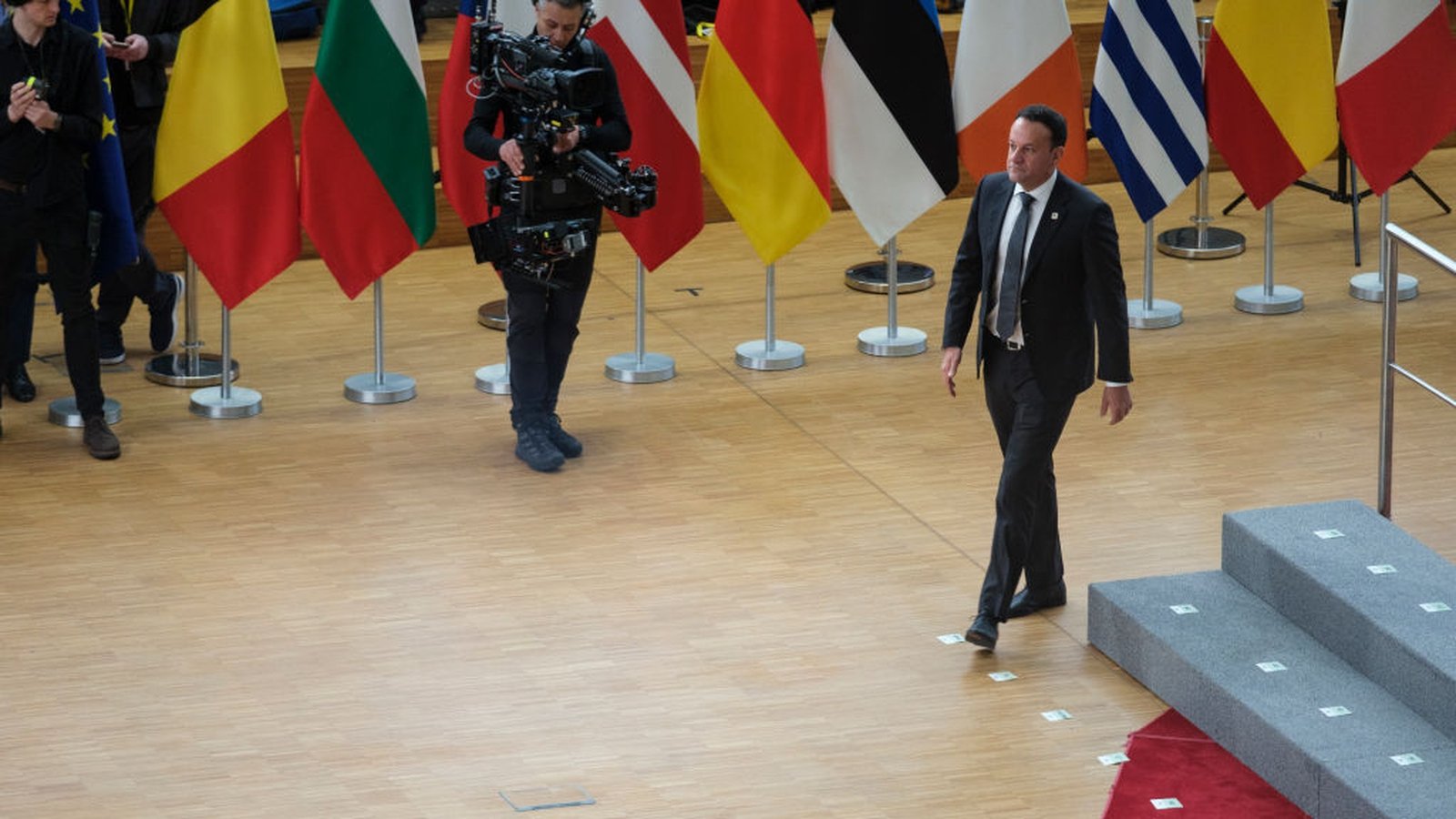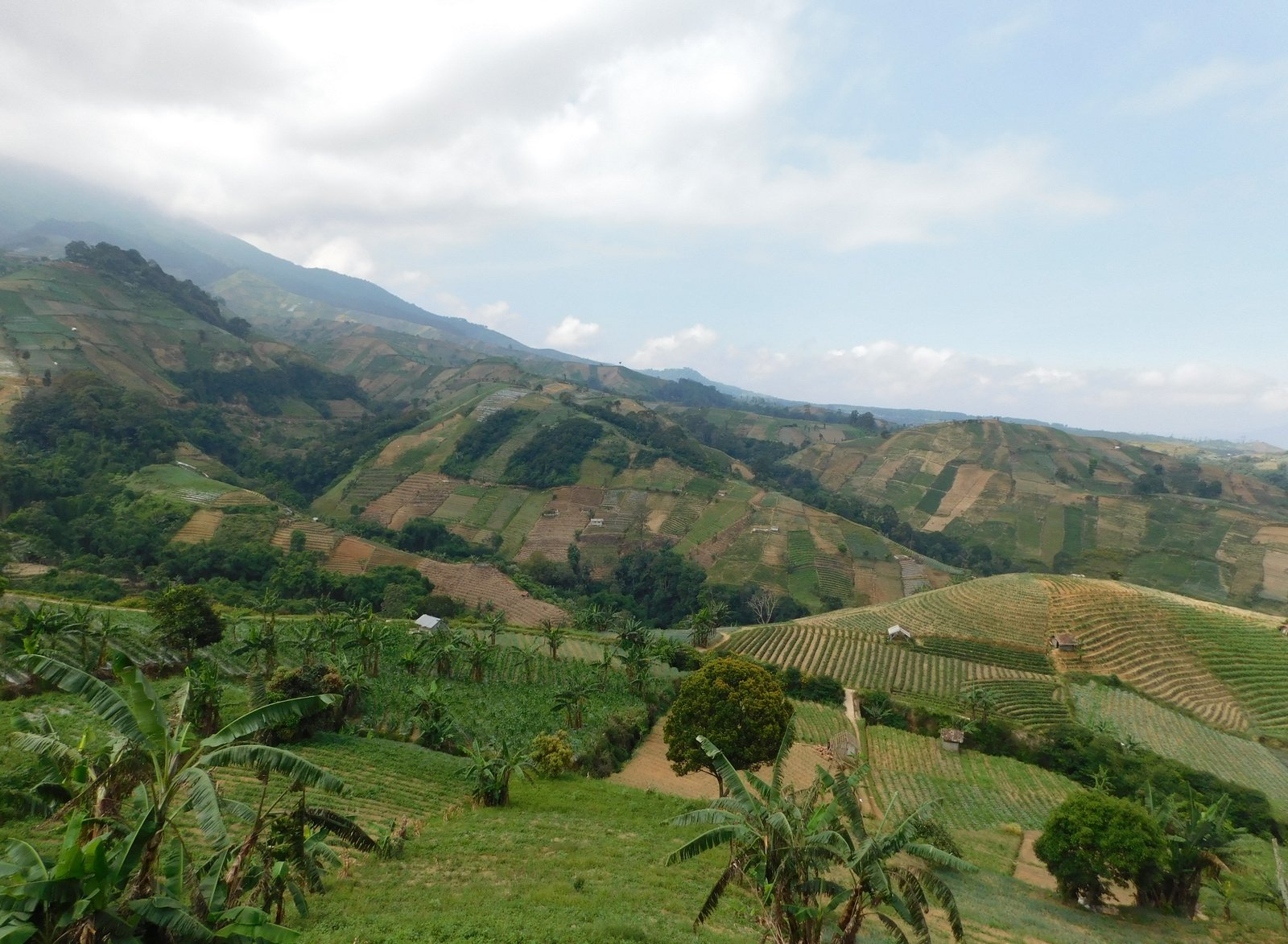Hezbollah threatens Israel, Cyprus as Gaza war grinds on
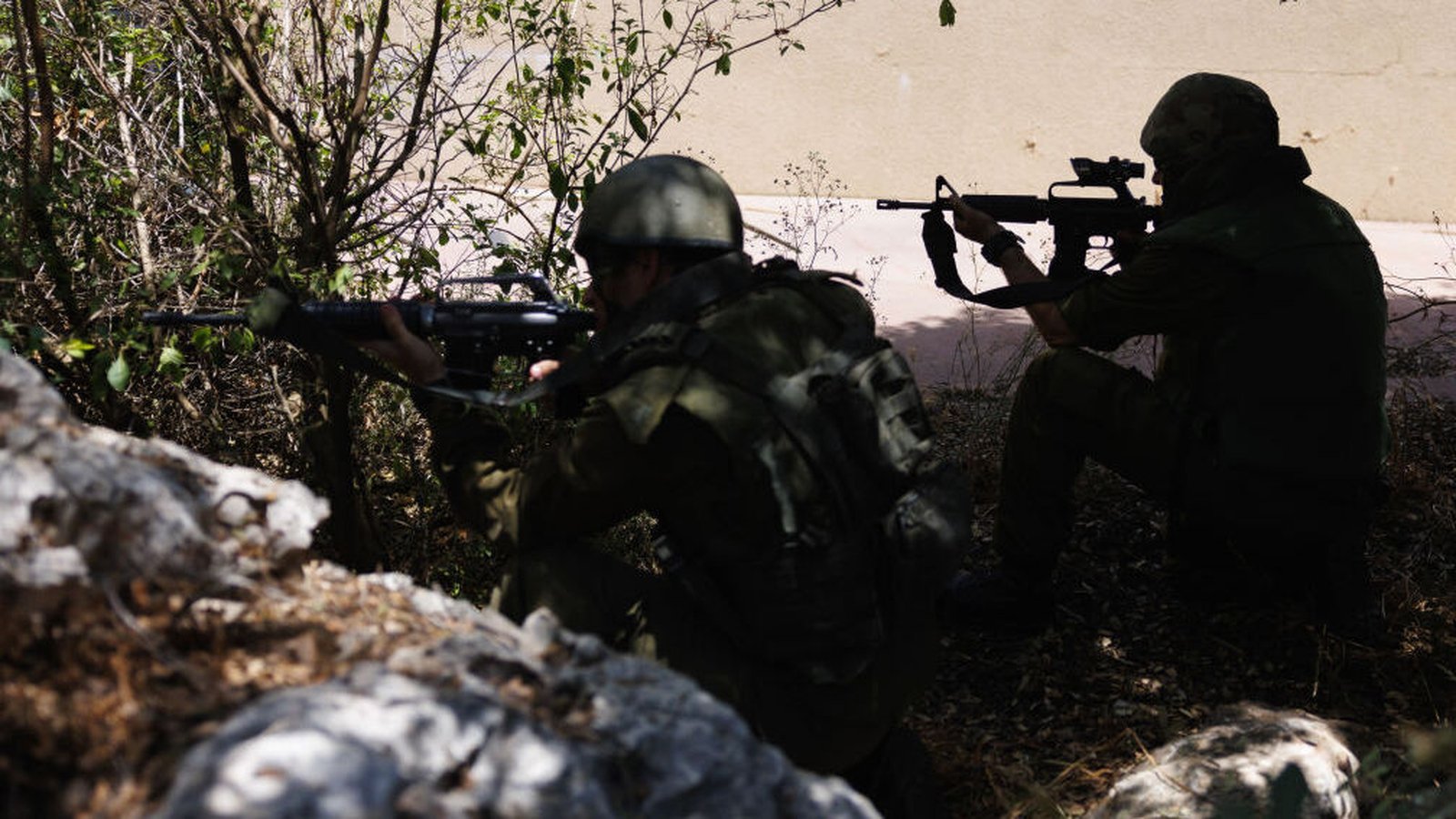
The head of Lebanon’s Hezbollah militant group has said that nowhere in Israel will be safe if an all-out war breaks out between the two enemies.
Sayyed Hassan Nasrallah also threatened Cyprus and other parts of the Mediterannean.
Hezbollah has been trading fire with Israel for more than eight months in parallel with the Gaza War.
Yesterday, the Iran-backed group published what it said was drone footage of sensitive military sites deep in Israeli territory.
In a televised address today, the Hezbollah leader said: “There will be no place safe from our missiles and our drones” in Israel in the event of a broader war.
The group also had “a bank of targets” that it could target in precision strikes, he said.
Israel “knows that what also awaits it in the Mediterranean is very big. In the face of a battle of this magnitude, it knows that it must now wait for us on land, in the air, and at sea,” Mr Nasrallah added.
Earlier, the Israeli army warned that it had readied an “offensive” against Hezbollah on the country’s northern front.
The group first showed it could hit a vessel at sea by striking an Israeli warship in the Mediterranean during their 2006 war.
Reports by media and analysts have for years indicated that Hezbollah acquired Russian-made anti-ship Yakhont missiles in Syria, after its forces deployed there more than a decade ago to help President Bashar al-Assad fight the country’s civil war.
Nasrallah also threatened Cyprus for the first time, accusing it of allowing Israel to use its airports and bases for military exercises.
“The Cypriot government must be warned that opening Cypriot airports and bases for the Israeli enemy to target Lebanon means that the Cypriot government has become part of the war and the resistance (Hezbollah) will deal with it as part of the war,” Nasrallah said.
There was no immediate comment from authorities in Cyprus.
Cyprus is not known to offer any land or base facilities to the Israeli military, but has in the past allowed Israel to use its vast airspace – its flight information region (FIR) – to occasionally conduct air drills, but never during conflict.
Sovereign British military bases have been used by the United Kingdom for operations in Syria and more recently, Yemen. The Cyprus government has no say in the matter. There are two British bases in Cyprus, which was a colony until 1960.
Mr Nasrallah said his group would fight with “no rules” and “no ceilings” in the event of a broader war.
He was speaking at a memorial event for a commander killed in an Israeli strike last week – the most senior Hezbollah figure to die in the current conflict with Israel.
Hezbollah unleashed its largest volleys of drones and rockets at Israel in retaliation.
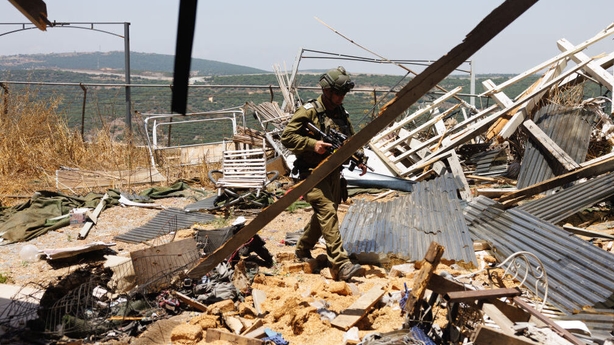
United Nations officials expressed concern at the escalation, and US envoy Amos Hochstein travelled to Israel and Lebanon to urge both sides not to enter a full-scale conflict.
The Israeli military, which has traded near-daily cross-border fire with Hezbollah since October, said that “operational plans for an offensive in Lebanon were approved and validated”.
Foreign Minister Israel Katz warned of the group’s destruction in a “total war”.
Israel’s military said warplanes had struck militant sites in southern Lebanon overnight, while reporting a drone had infiltrated near the border town of Metula in an attack claimed by Hezbollah and targeting troops.
The group also announced the death of two of its fighters.
Lebanon’s official National News agency reported Israeli strikes on several areas in south Lebanon this morning, including on the border village of Khiam.
Syrian state media said an Israeli strike on military sites in the country’s south killed an army officer today. Israel has not commented on the report.
We need your consent to load this rte-player contentWe use rte-player to manage extra content that can set cookies on your device and collect data about your activity. Please review their details and accept them to load the content.Manage Preferences
In Gaza, nine Palestinians were killed in an Israeli strike that hit a group of citizens and merchants in the south of the territory, according to medical sources.
The group was waiting for convoys of aid trucks carrying goods through the Kerem Shalom crossing, the sources added.
Israeli air strikes have continued to rock Gaza as troops and Palestinian militants clash.
The Israeli military announced a daily humanitarian “pause” in fighting on a key road in eastern Rafah, but a UN spokesman said that “this has yet to translate into more aid reaching people in need”.
More than eight months of war, sparked by Hamas’s unprecedented 7 October attack on Israel, have led to dire humanitarian conditions in Gaza and repeated UN warnings of famine.
The Rafah border crossing between the territory and Egypt has been shut since Israeli troops seized its Palestinian side early last month, while nearby Kerem Shalom on the Israeli border “is operating with limited functionality, including because of fighting in the area”, said UN deputy spokesman Farhan Haq.
He told reporters that in recent weeks, there had been “an improvement” in aid reaching northern Gaza “but a drastic deterioration in the south”.
“Basic commodities are available in markets in southern and central Gaza. But it’s unaffordable for many people.”
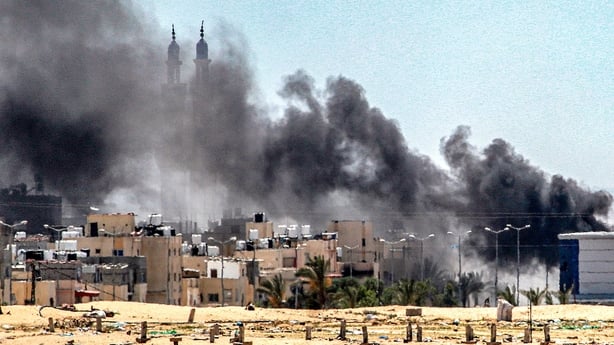
Islamic Jihad, a Palestinian armed group that has fought alongside Hamas, said its militants were battling troops amid Israeli shelling of western Rafah.
Witnesses reported seeing Israeli military vehicles enter the city’s Saudi neighbourhood, followed by gun battles.
There has also been fighting in central Gaza with witnesses reporting artillery shelling and heavy gunfire in Gaza City’s Zeitun neighbourhood.
The 7 October attack resulted in the deaths of 1,194 people, mostly civilians, according to Israeli official figures.
The militants also seized 251 hostages. Of these, 116 remain in Gaza, although the army says 41 are dead.
Israel’s retaliatory offensive has killed at least 37,396 people in Gaza, also mostly civilians, according to the territory’s health ministry.
At least 24 people died over the past day, the ministry said.
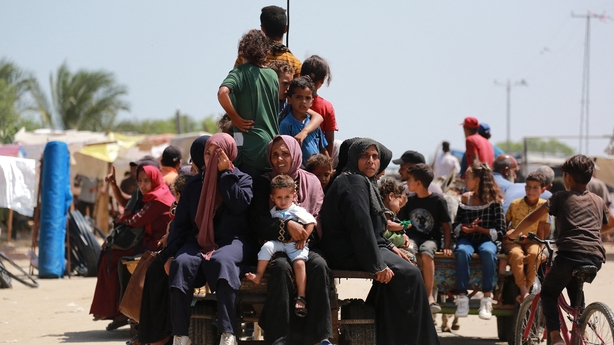
In a message on the occasion of the Muslim holiday of Eid al-Adha, US President Joe Biden called for the implementation of a ceasefire plan he outlined last month.
Mr Hochstein said the plan would ultimately lead to “the end of the conflict in Gaza”, which would in turn quell fighting between Israel and Hezbollah.
But US, Qatari and Egyptian mediation efforts have stalled for months since a one-week truce in November that saw dozens of hostages freed and increased aid deliveries into Gaza.
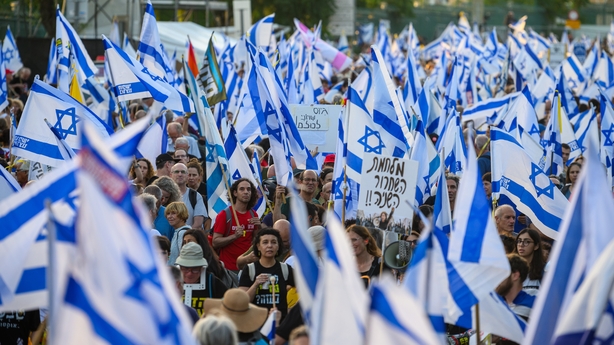
Israeli Prime Minister Benjamin Netanyahu has faced mounting criticism at home over his handling of the Gaza war and hostage crisis, with regular mass demonstrations led by captives’ relatives and anti-government activists.
Thousands gathered in front of parliament in Jerusalem last night, calling for early elections and the resumption of truce talks.
In a video recording, Mr Netanyahu criticised the US – a close ally – for “withholding weapons and ammunitions to Israel”, in remarks rejected by the White House.

